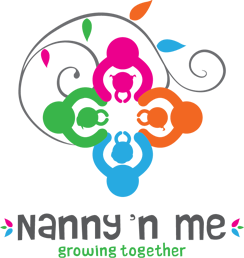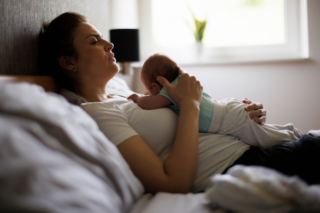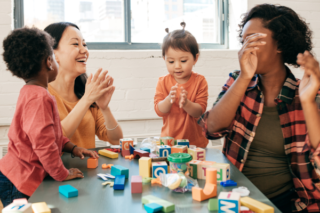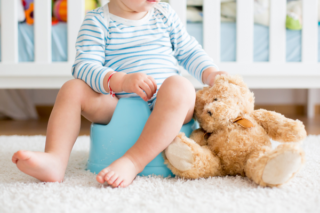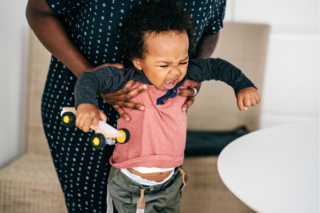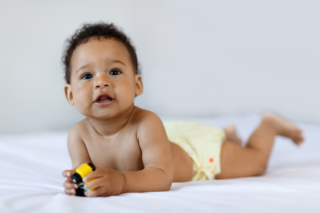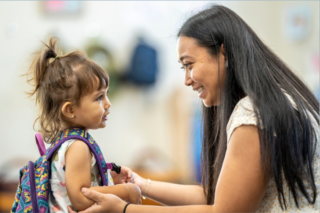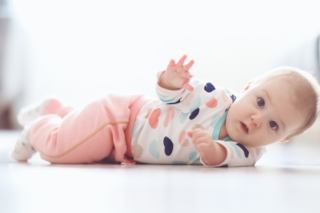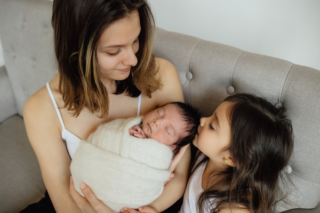You Matter – A Free Postnatal Mental Health Guide for New Moms
You Matter – A Free Postnatal Mental Health Guide for New Moms No one warned me that the tears would come when the baby slept. That the loneliest part of motherhood might be the quiet moments. That I could love my baby so fiercely… and still wonder if I was losing myself. We spend so much time preparing for the birth—packing the hospital bag, choosing the pram, folding tiny onesies. [...]
